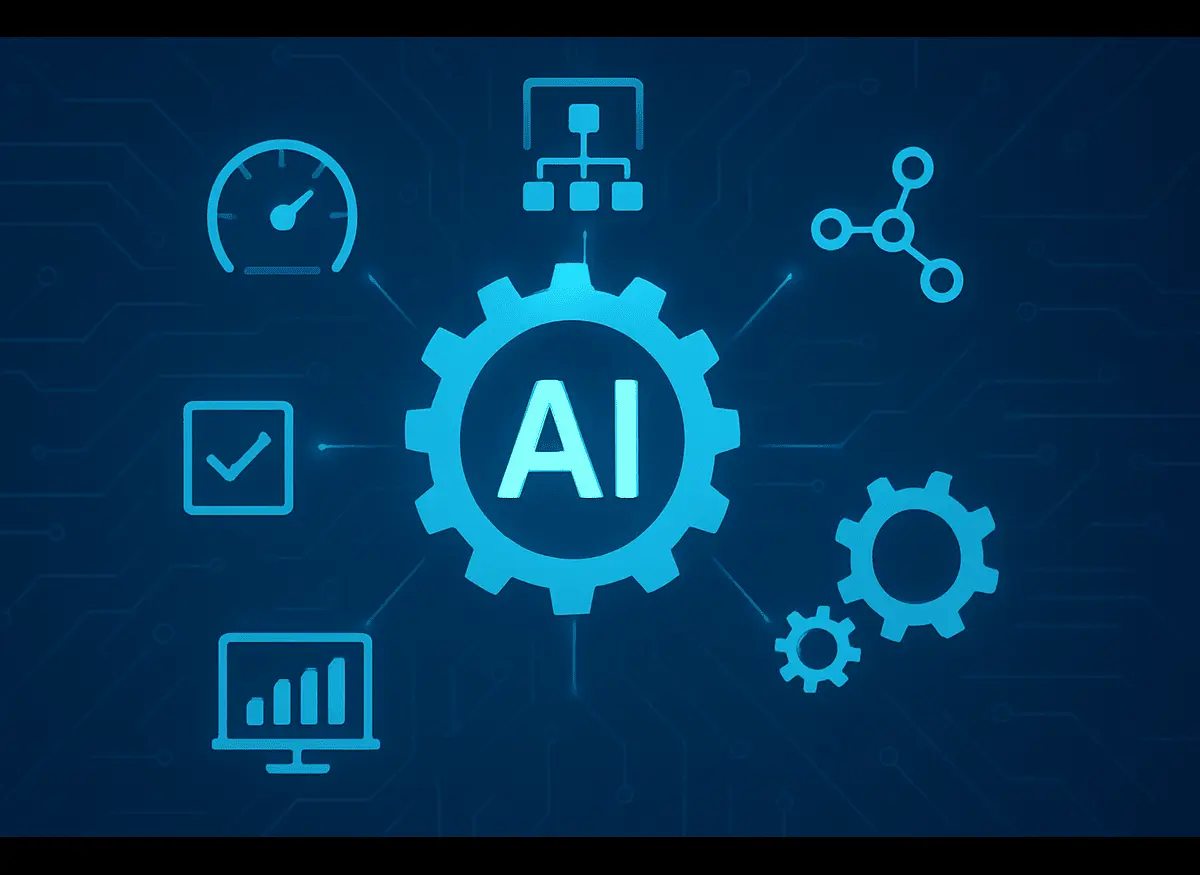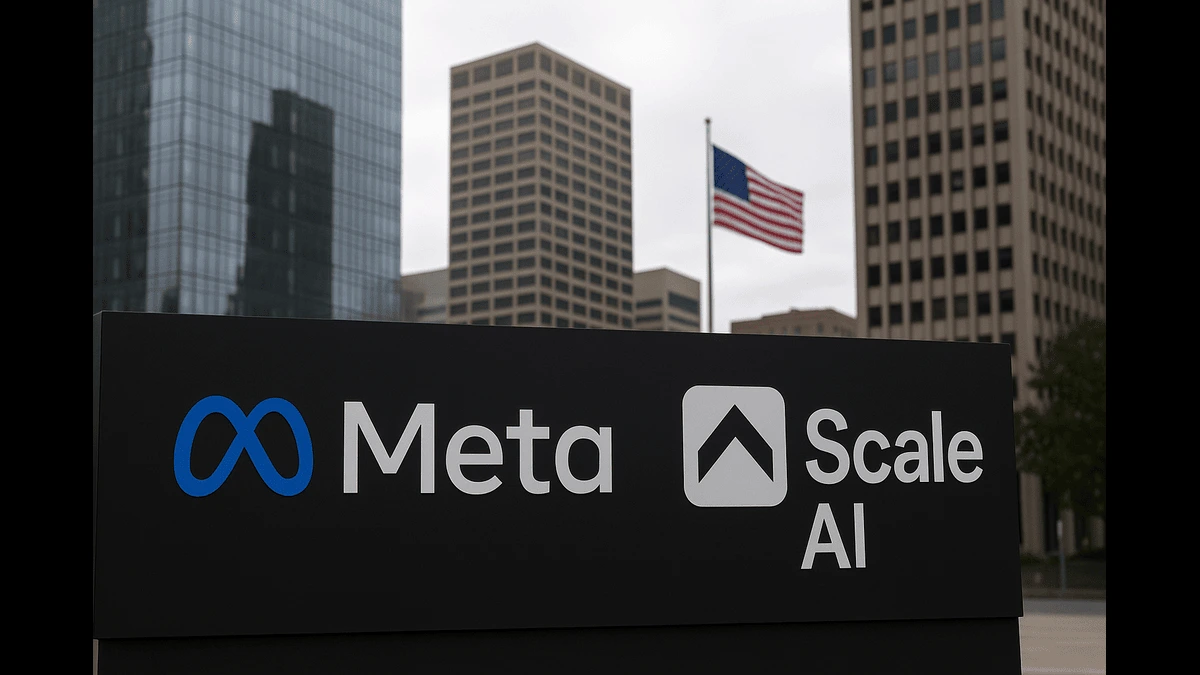
AlphaEvolve, Google DeepMind’s AI that autonomously creates and optimizes algorithms for real-world impact in data centers, math, and chip design
DeepMind has introduced a transformative AI coding agent: AlphaEvolve. Announced on May 14, 2025, this innovative system uses large language models (LLMs) to autonomously generate, test, and optimize algorithms. Its purpose is to tackle complex challenges across mathematics, computer science, and real-world systems—enabling engineers and researchers to explore new algorithmic frontiers.
AlphaEvolve blends the imaginative power of AI with methodical precision, redefining what AI-driven discovery can achieve.
What is AlphaEvolve?
AlphaEvolve is a next-generation coding agent powered by Google’s Gemini models. It’s designed to autonomously evolve code-based solutions for intricate problems that can be graded programmatically. By incorporating an iterative process that tests, validates, and refines its outputs, AlphaEvolve addresses one of the key limitations of traditional AI systems—unreliable or unverifiable results.
The system relies on a fusion of generative AI, automated evaluation, and evolutionary algorithms. This combination allows AlphaEvolve to produce human-readable, efficient code for both theoretical analysis and practical deployment.
How Does AlphaEvolve Work?
AlphaEvolve integrates multiple advanced technologies in a streamlined pipeline:
Large Language Models (LLMs):
Leveraging the Gemini 2.0 architecture, AlphaEvolve employs Gemini Flash to propose a wide range of ideas and Gemini Pro to refine the most promising ones into executable code.Automated Evaluators:
These evaluators assess the performance, accuracy, and efficiency of candidate algorithms. Programs are automatically scored, and suboptimal outputs are filtered out.Genetic Algorithm:
Taking inspiration from natural selection, AlphaEvolve uses an evolutionary method to refine its solutions. Top-performing code snippets are retained, modified, and tested in new iterations—resulting in gradual performance improvements.
This cycle allows the system to autonomously build and evolve complex algorithms, sometimes involving hundreds of lines of code.
Applications and Real-World Impact
AlphaEvolve has been applied to several real-world and theoretical domains. Below are notable examples of its outcomes, paraphrased and summarized based on publicly available reports from DeepMind and other sources:
Data Center Optimization:
AlphaEvolve helped improve Google’s internal cluster management software, contributing to a small but impactful recovery in computing efficiency. This led to better hardware utilization and energy savings.Matrix Multiplication:
The system discovered a new way to multiply 4×4 complex-valued matrices using fewer scalar multiplications than previous known methods—a breakthrough that enhances computational efficiency in AI workloads.AI Training Acceleration:
It helped optimize internal kernels used in AI model training, resulting in measurable reductions in training time and resource usage, particularly within Google’s Gemini infrastructure.Chip Design Efficiency:
AlphaEvolve generated optimized Verilog code for components of Tensor Processing Units (TPUs), contributing to hardware-level performance improvements in data centers.Mathematics Research:
In an application to geometry, it slightly improved a long-standing result known as the kissing number problem in higher dimensions—an example of how AI can contribute to foundational math.
These examples demonstrate AlphaEvolve’s ability to deliver measurable benefits across computational science, engineering, and theory-driven disciplines.
Competing and Complementary Technologies
AlphaEvolve operates in an increasingly competitive AI landscape. Other initiatives exploring AI-based algorithm discovery include:
Deep Distilling:
A research method introduced in Nature Computational Science that distills symbolic rules from data using neural networks. It has shown strong results in domains like arithmetic and optimization.A3D3 Institute:
Backed by the U.S. National Science Foundation, A3D3 develops AI solutions for real-time data analysis in physics and astronomy. While its focus is domain-specific, it shares AlphaEvolve’s vision of accelerating discovery.MIT’s Machine Learning Periodic Table:
A framework that maps gaps in algorithmic research, aiming to systematize the creation of new machine learning methods.
Additionally, AlphaEvolve is built on foundational work from previous DeepMind projects like AlphaTensor, AlphaDev, and FunSearch, which explored smaller-scale or domain-specific algorithm generation.
Incremental Growth or Revolutionary Step?
While AlphaEvolve builds on established AI methodologies, its real-world applications and research-grade outputs mark a significant leap in autonomous code generation. Here’s how its innovation is characterized:
Incremental Development:
Leverages known techniques such as genetic algorithms and LLMs.
Builds on DeepMind’s earlier work in single-function code generation.
Remains constrained to problems that can be evaluated programmatically.
Revolutionary Potential:
Breakthroughs in matrix computation and training optimization have real-world effects.
Broad applicability to data center efficiency, hardware design, and fundamental research.
Potential future applications in materials science, medicine, and sustainability.
AlphaEvolve, our new Gemini-powered coding agent, can help engineers + researchers discover new algorithms and optimizations for open math + computer science problems.
We’ve used it to improve the efficiency of our data centers (recovering 0.7% of our fleet-wide compute… pic.twitter.com/wjiTZsLfLZ
— Sundar Pichai (@sundarpichai) May 14, 2025
As noted in coverage by Ars Technica, Nature, and MIT Technology Review, the true disruptive potential of AlphaEvolve may emerge as it evolves from an internal tool to a more widely accessible platform.
AlphaEvolve marks a new chapter in AI-assisted discovery. By combining the large-scale generative power of Gemini models with rigorous self-optimization, it has already delivered impactful results—ranging from infrastructure improvements to mathematical progress.
While its current reach is grounded in machine-evaluable problems, its architecture is general-purpose. As DeepMind expands access to researchers and developers via an upcoming Early Access Program, AlphaEvolve may serve as a catalyst for breakthroughs across domains that require algorithmic innovation.Its trajectory suggests a future where AI not only supports but collaborates in the act of scientific and technical discovery.






